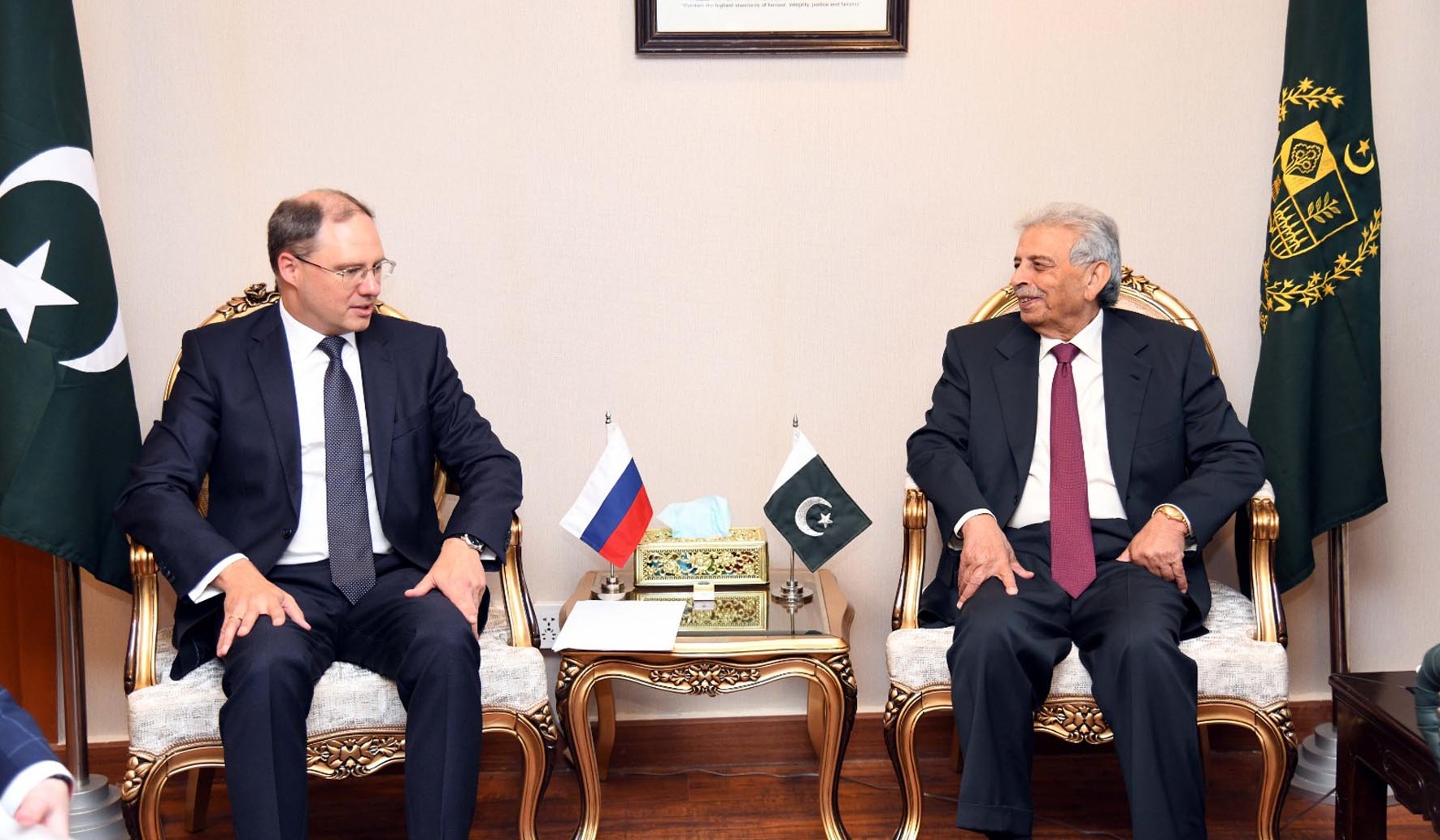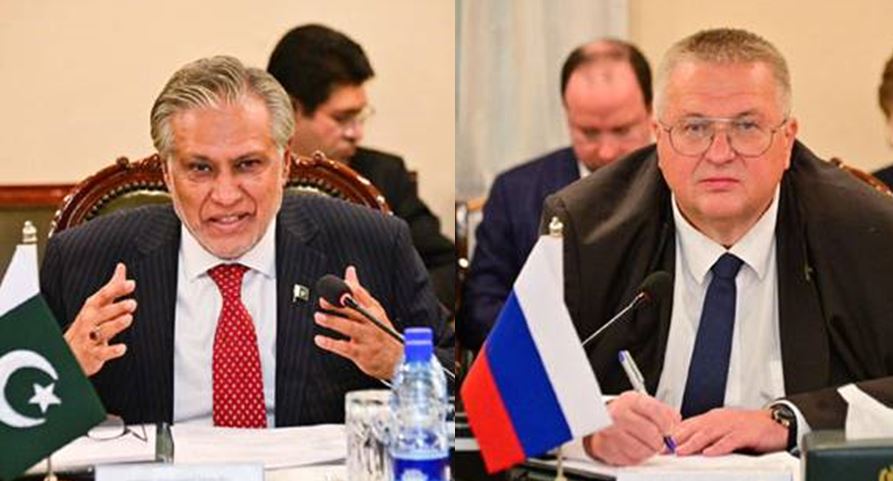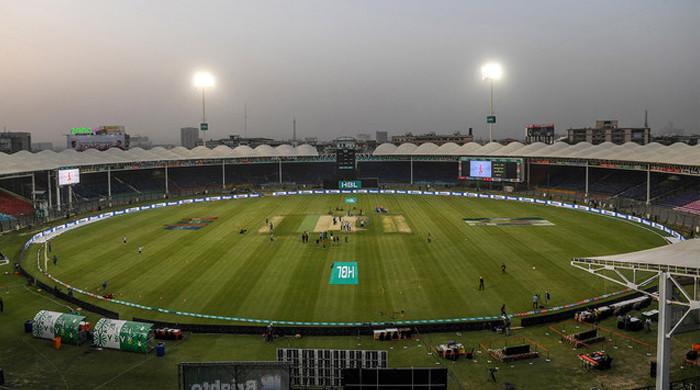ISLAMABAD:
The Cabinet Committee on Privatisation on Friday approved the sale of six highest loss-making power distribution and four power generation companies, causing a total annual loss of over Rs200 billion, in the last leg of privatisation –in a move that will keep the power sector bleeding for years to come.
The decision to privatise the highest loss-making power distribution companies in the next three years suggests that the consumers will keep paying for their losses through their noses despite already unbearable electricity bills.
The CCOP also deferred a decision on including 16 additional government-owned enterprises in the active privatisation list but approved a Rs7.7 billion budget for hiring financial advisors for the entities’ privatisation. It also delisted two government-owned LNG-fired power plants from the privatisation programme.
Headed by Deputy Prime Minister and Foreign Minister Senator Mohammad Ishaq Dar, the CCOP reiterated its three-month-old decision to privatise 24 enterprises, many of which have been on the active list for years. The 10 loss-making power sector firms will be sold within one to three years, according to the decision.
The CCOP did not decide on transferring shares of the Oil and Gas Development Company either to the Petroleum Division or to the Sovereign Wealth Fund. The committee considered 84 State-Owned Enterprises (SOEs) as per the Federal Footprint SOEs Consolidated Report FY2020-22, aligning with the SOE Act and Policy, according to a statement issued by the privatisation ministry after the meeting.
“The CCOP, while approving 24 entities for the Privatisation Programme (2024-29), decided that the inclusion of other SOEs in the privatisation programme will be taken upon completion of the review by the Cabinet Committee on State-Owned Enterprises (CCoSOEs) regarding categorisation of Strategic and Essential SOEs,” stated the privatisation ministry.
The CCOP reaffirmed its May 10th decision to privatise these 24 entities, now approving the phasing plan. The higher loss-making entities will be privatised in the second and third phases. The privatisation ministry had requested the CCOP to consider recommendations from respective ministries and the Ministry of Privatisation regarding the inclusion of 16 SOEs in the privatisation programme.
There remain 41 SOEs categorised as strategic and essential, requiring CCoSOEs’ approval. The government’s privatisation programme has been slow, with successive governments incurring billions in consultancy charges for financial advisors hired for privatisation.
In May, the CCOP endorsed the list of 24 entities for privatisation, though 18 had been part of the active programme for years. The coalition government planned to complete the privatisation of the House Building Finance Corporation by the end of July and Pakistan International Airlines (PIA) by early August, but these deadlines were not met.
Of the 24 entities, the coalition government decided to privatise 14 entities in the second or third phase, which spans the next three to five years. These include Pakistan Reinsurance Corporation Limited, State Life Insurance Corporation, Pakistan Life Insurance Company, and Utility Stores Corporation.
The second phase will include four power generation companies and six power distribution companies: Lahore Electric Supply Company (LESCO), Multan Electric Power Company (MEPCO), Hazara Electric Company (HAZECO), Hyderabad Electric Supply Company (HESCO), Peshawar Electric Supply Company (PESCO), and Sukkur Electric Power Company (SEPCO). In 2023, the four power generation companies incurred Rs19 billion in losses, while the six power distribution companies caused Rs181 billion in losses, according to the finance ministry.
The CCOP decided to privatise Islamabad Electric Supply Company (IESCO), Faisalabad Electric Supply Company (FESCO), and Gujranwala Electric Power Company (GEPCO) in the first phase. These companies, though considered relatively efficient, also sustained losses, with FESCO incurring Rs15 billion in losses, IESCO Rs666 million, and GEPCO making Rs23 billion in profits in 2023.
The decision to not privatise the highest loss-making entities in the first phase indicates a reluctance to make tough political decisions. Since the process to privatise PIA and the Roosevelt Hotel New York had already begun, the government included these entities in the first phase, to be completed in one year.
The CCOP also delisted the National Power Parks Management Company Limited, Republic Motors, and Jinnah Convention Centre from the privatisation programme. The committee approved policy guidelines for the privatisation. The CCOP recommended that priority should be accorded to reducing the federal footprint in commercial spaces and limiting it to strategic and essential SOEs only. It emphasised that even profitable SOEs will be considered for privatisation.
The entities not categorised as strategic or essential will be reviewed by the CCOP for inclusion in the privatisation programme. It said, only efficient power plants of combined cycle from the four GENCOs will be carved out for privatisation, retaining the loss-making plants.
Budget approval
The CCOP approved an Rs8.2 billion budget for the Privatisation Commission, with Rs7.7 billion allocated for hiring financial advisors. The budget includes Rs1.2 billion for remaining payments to PIA’s financial advisor, Rs2.1 billion for the Roosevelt Hotel’s financial advisor, and Rs4.2 billion for hiring financial advisors for the sale of four power distribution companies.


 Technology6 مہینے ago
Technology6 مہینے ago
 Pakistan7 مہینے ago
Pakistan7 مہینے ago
 Sports6 مہینے ago
Sports6 مہینے ago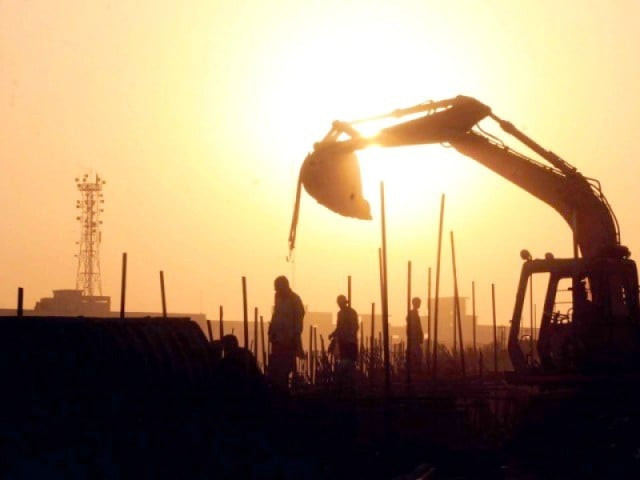
 Pakistan6 مہینے ago
Pakistan6 مہینے ago
 Entertainment6 مہینے ago
Entertainment6 مہینے ago
 Pakistan6 مہینے ago
Pakistan6 مہینے ago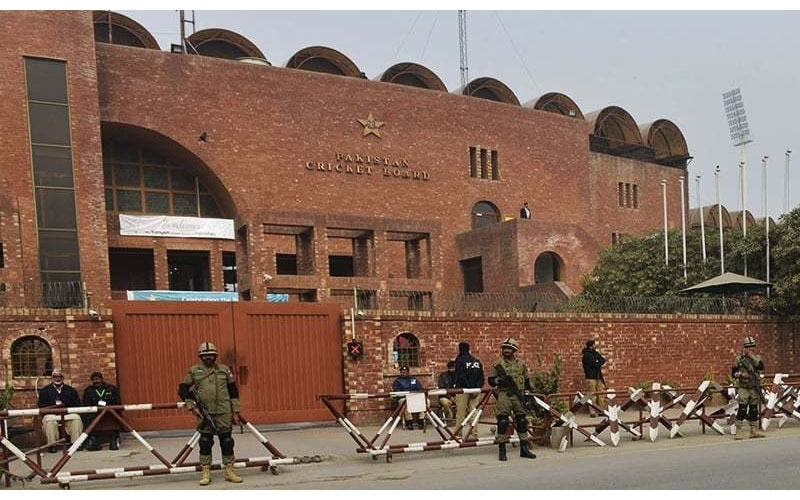
 Sports5 مہینے ago
Sports5 مہینے ago
 Pakistan6 مہینے ago
Pakistan6 مہینے ago



